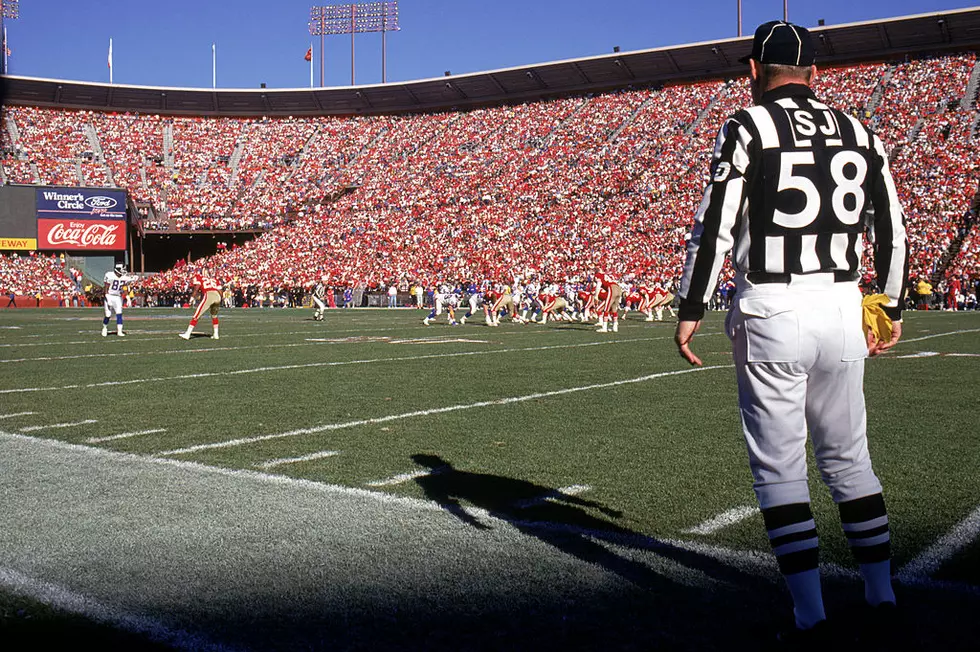
Iowa in the Bullseye For Major Heat Wave
You'd better get that air conditioning tuned up and ready. A major heat wave is on its way.
Cedar Rapids has seen high temperatures climb above 90 degrees just twice during July. It happened six times in June, including a high of 93 on June 21. That's been the hottest day of the summer so far. More than likely, it won't stay that way much longer.
The month of August is expected to arrive with high temperatures just above 90 on Monday. Things get worse from there. Our weather partner, KCRG TV-9, forecasts a high temperature of 94 on Tuesday, 100 on Wednesday, 98 on Thursday, August 4, and 96 degrees next Friday, August 5. That may not be the end of it. More on that in just a second.
If Cedar Rapids does reach triple digits for temperatures next Wednesday, it would be the first time the city has seen temperatures that high in almost nine years. The last 100-degree day in Cedar Rapids was on August 30, 2013.
*Iowa is in the bullseye for above-normal temperatures next week.
High humidity will make those temperatures even more uncomfortable during the day and low temperatures won't be very "low" at all. Temperatures next Wednesday, Thursday, and Friday nights are expected to drop only into the 70s. The warmest night is forecast to be Thursday night, August 4, when an overnight low of just 76 degrees is anticipated.
It's also likely that next week's heat wave won't spur thunderstorms, at least not many of them. The precipitation outlook for the entire Midwest is below normal from the peak of the heat wave through August 10.
Next week's heat may just be the beginning of a very hot August. TV-9 meteorologist Kaj O'Mara shared these words of caution with me:
When we're all whining about the heat in the next week or two, there's something we should keep in mind. From July 5 through 17, 1936, in the middle of the Dust Bowl, Cedar Rapids had 13 consecutive days of high temperatures above 100 degrees. Nearly no one even had window air conditioners yet. They had been invented just five years earlier.
LOOK: The most extreme temperatures in the history of every state
LOOK: The most expensive weather and climate disasters in recent decades
KEEP READING: Get answers to 51 of the most frequently asked weather questions...
More From AM 950 KOEL





![‘Full House’ Star Lori Loughlin Selling Stunning $17.5 Million California Mansion — See Inside! [Pictures]](http://townsquare.media/site/204/files/2024/04/attachment-lori-loughlin-house-pictures1.jpg?w=980&q=75)



